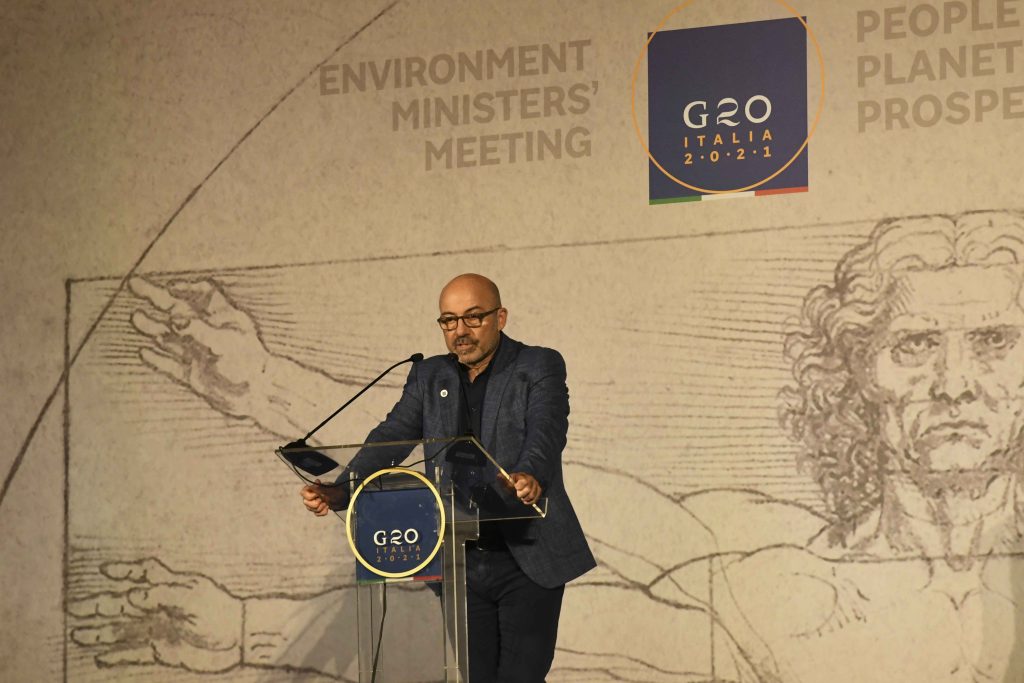
A group of 20 wealthy nations developed the communique at a Climate and Energy meeting. This meeting took place in Naples, Italy, on July 23rd. Under the Italian Ecological Transition Minister, Roberto Cingolani, the G20 generally agreed decarbonization was a necessary goal. However, they argued on two main points, including discontinuing coal use. Undoubtedly, this topic will re-emerge at the United Nations Climate Change Conference (COP26) in Scotland later in the year.
China, India, and Russia objected to the language surrounding coal. They argued phasing out coal by 2025 would not be possible for them. Furthermore, China and India are planning to build new coal-fired generation plants. In addition, the International Energy Agency (IEA) projects a 3 percent growth in the construction of these facilities in the coming year.
Another point of contention at the meeting was the speed at which the Paris Agreement should be met. Above all, the Paris agreement focuses on limiting the global temperature increase by 1.5 – 2 degrees Celsius.
Furthermore, Climate scientists agree that discontinuing coal is vital in meeting the goals of the Paris Agreement.
“The most important thing is getting off of coal as fast as we can,” said U.S. special climate envoy John Kerry to BBC news. “There are countries that are still bringing coal online that could be building out greater renewable and alternative, sustainable energy possibilities.”
Despite the disagreements at the meeting, the environment ministers did agree on 58 points relating to environmental impact. The communique focuses on three main issues:
1) Biodiversity: protection of natural capital and restoration of ecosystems with solutions based on nature, defense and restoration of the soil, protection of water resources, oceans and seas, including the prevention and reduction of marine plastic litter.
2) Efficient use of resources and circular economy: G20 vision on circular economy with a focus on sustainable textiles and fashion, circular cities, education and training. Recognition for the first time of the results of the recent IPBES and IPCC report launched on June 10th on the link between biodiversity and climate change.
3) Sustainable finance: focus on specific financing needs for the protection and restoration of ecosystems as a contribution to the G20 work on the future shape of the global financial system.
The full 58-point communique can be read here.

Jones, Gavin. “G20 Fails to Agree on Climate Goals in Communique.” Reuters, Thomson Reuters, 23 July 2021, www.reuters.com/world/g20-loath-commit-climate-meeting-tussle-over-carbon-wording-2021-07-23/.
“The g20 Environment Ministers Approved a Joint Communiqué.” G20, G20 Italia 2021, 23 July 2021, www.g20.org/the-g20-environment-ministers-approved-a-joint-communique.html.
Proctor, Darrell by Darrell Proctor. “G20 Environment Ministers: No Consensus on Phasing out Coal.” POWER Magazine, 25 July 2021, www.powermag.com/g20-environment-ministers-no-consensus-on-phasing-out-coal/